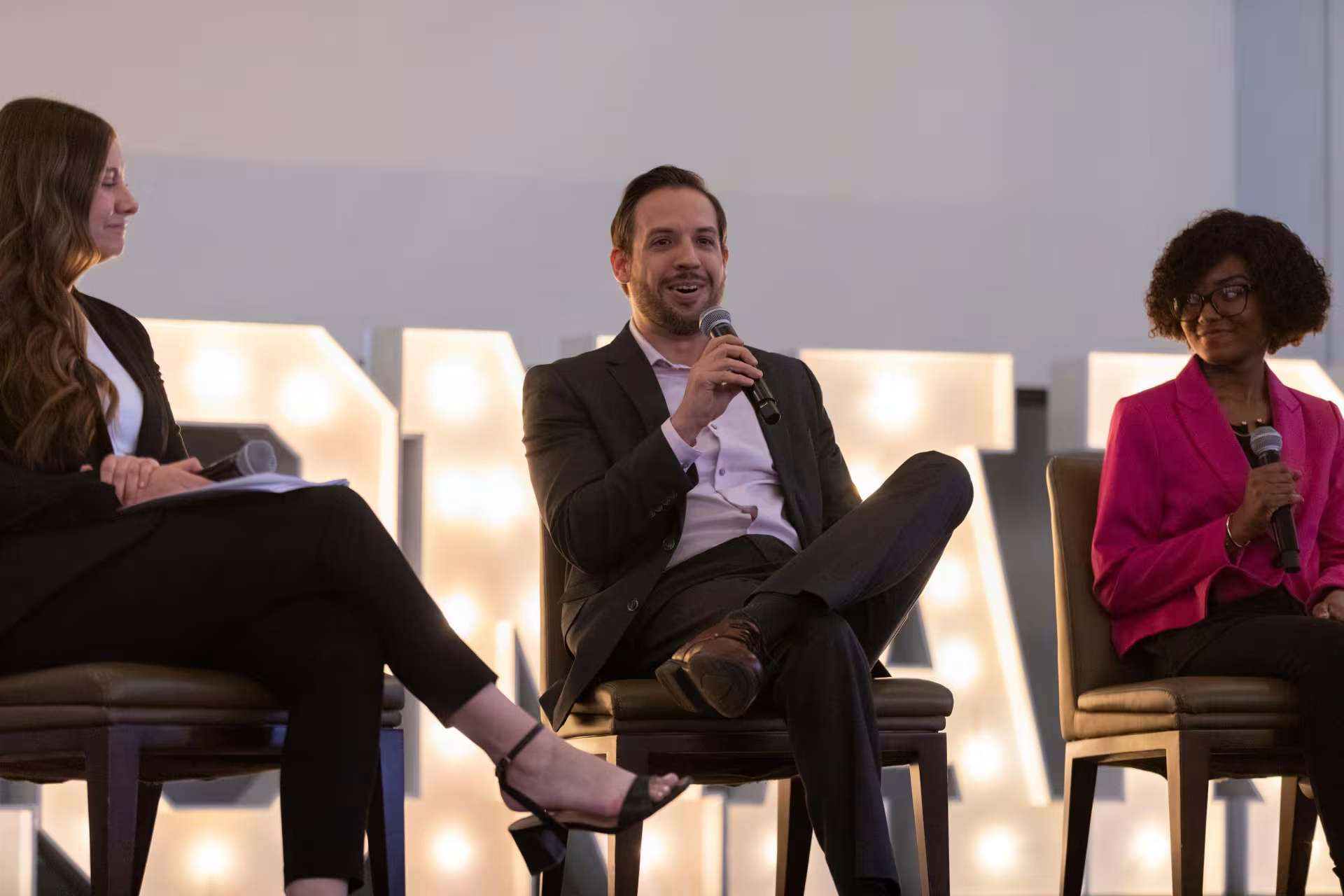Read time 4 minutes
Published on Dec 21, 2015
Perhaps you heard it in the military as I did: Plan your work, and work your plan.
It’s been in use a long time and in a number of different settings. The advice speaks to taking on a project of any size, from cleaning your house to writing a dissertation.
Planning your work includes what’s to be done, the sequence in which to do it and most importantly how to do it. The rest is execution.
Having a good, thorough plan you can execute is vital: If you are stuck, it helps you get unstuck and it prevents you from getting stuck again.
A young chess player once told me, “As long as I know my next step, I am fine. I get frustrated when I don’t know what to do next. I’m paralyzed.”
Having a detailed plan tells you what to do next.
Here’s some practical advice for planning your work and putting it into action (working your plan).
- Start by studying the DNA model. Pretty overwhelming! We’ve done some of the breaking down for you by setting up milestones and suggesting you and your chair develop an Individual Success Plan (ISP). This is your plan. Map your plan out on a calendar. Customize your plan to your field, your dissertation and your own circumstances.
- Use the “chunk it” approach. A musician learns a concerto by breaking it down into manageable pieces or chunks. Mastering each chunk, one chunk at a time, produces confidence, accomplishment and, in the end, the ability to play the entire concerto. Looking at each milestone and getting a handle on everything required to pass that milestone is the first step at “chunking” your doctoral program.
- If any chunk of your plan seems a bit daunting, break that chunk into smaller manageable chunks (chunklets!). Write a chunklet checklist, and break down that checklist into even smaller chunklets if necessary. Check off each chunklet as you conquer it. Look at your list often to see your progress and acknowledge it as progress. How do you eat an elephant? One bite (chunklet!) at a time. So it is with your doctoral program.
- Every plan needs supportive people behind it. Ask someone to be both an encourager and an accountability partner, and return the favor. Like a running partner, it’s always helpful to have someone else help you stay on track and maintain the pace. Ask Rachel Behling in our department, who just completed her seventh marathon last month while working on her dissertation. She worked with her coach and developed a daily schedule so that she could both train for the marathon and continue working on her dissertation. She is still pushing forward!
- Celebrate and reward. Reward yourself each time you finish a chunk of your plan. Have a little celebration with friends and family, or spend time on your hobby. When the going gets a little tough, it is nice to have something to look forward to that’s fun. I know a violinist who would reward herself with 15 minutes of knitting every time she practiced a phrase in tune 10 consecutive times. By the time she mastered her concerto, she had a whole sweater!
- Encourage each other. Grand Canyon University’s College of Doctoral Studies sets up several opportunities for seeking and giving encouragement: the DC Network, Doctoral Alumni Network and established cohort groups.
- Don’t just look forward, look back. It can be gratifying – and encouraging – to see how far you’ve come. Very helpful when you’ve crossed the halfway mark!
- Finally, surround yourself with positive affirming messages, like Bible verses.
Life is full of setbacks, such as illness, loss of income or a change in your family situation. Don’t be discouraged! Revisit your plan and make adjustments. These unexpected events are opportunities to reach out to others and will make your story richer when you share with fellow alumni and your own learners in the years to come.
Part of the journey is knowing you are not alone. Lean on your chair, committee, fellow learners and us. We are all rooting for you.
I’m sure you’ve developed your own ways to plan your work and work your plan. Feel free to post them for others to see!
GCU’s College of Doctoral Studies offers dynamic degree programs to help you advance your career. Contact us today to learn more about our online PhD and EdD programs and our integrative dissertation process today!
More about Kathleen:
Kathleen F. Laity, PhD, is a senior research specialist for the Office of Dissertations in the College of Doctoral Studies at Grand Canyon University. She earned her BA degree in psychology at the University of California, Berkeley and her PhD in psychology at Vanderbilt University. Her field of specialty is cultural psychology and clinical competencies. She has a passion for education and is a community advocate for first-generation and re-entry college students. Dr. Laity lives in Phoenix with her husband and has two college-age children. She loves reading, practicing Tai Chi and hiking in the desert.





